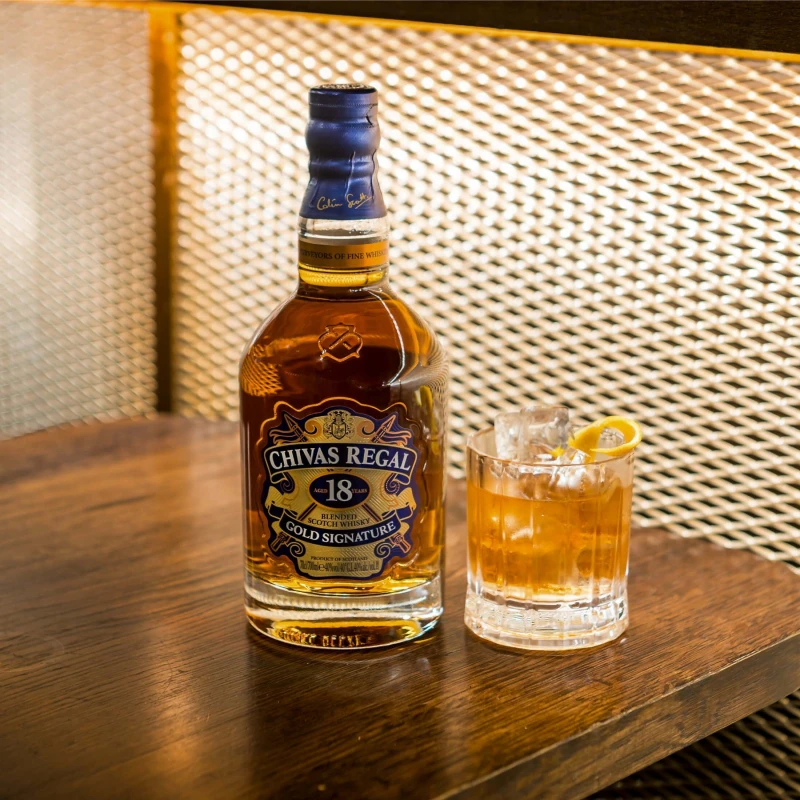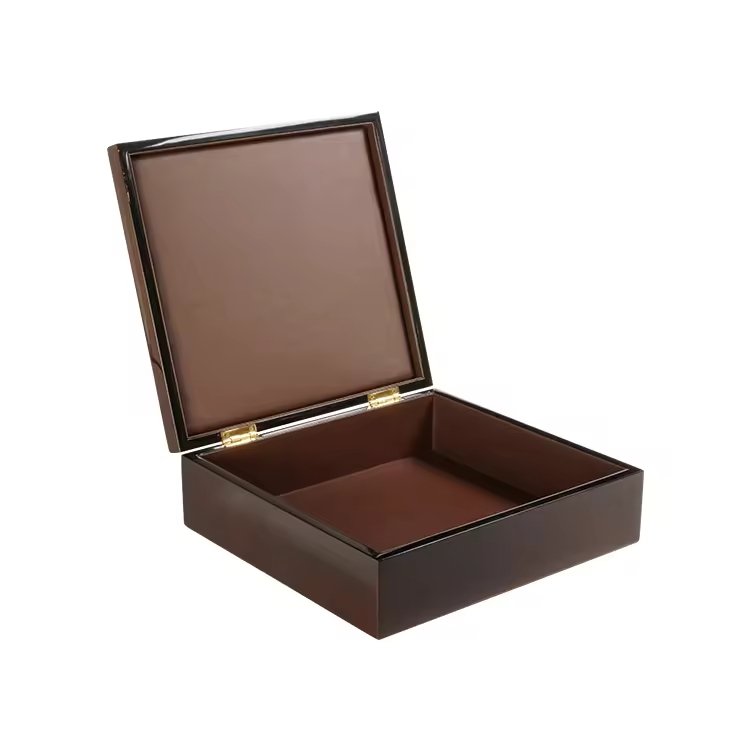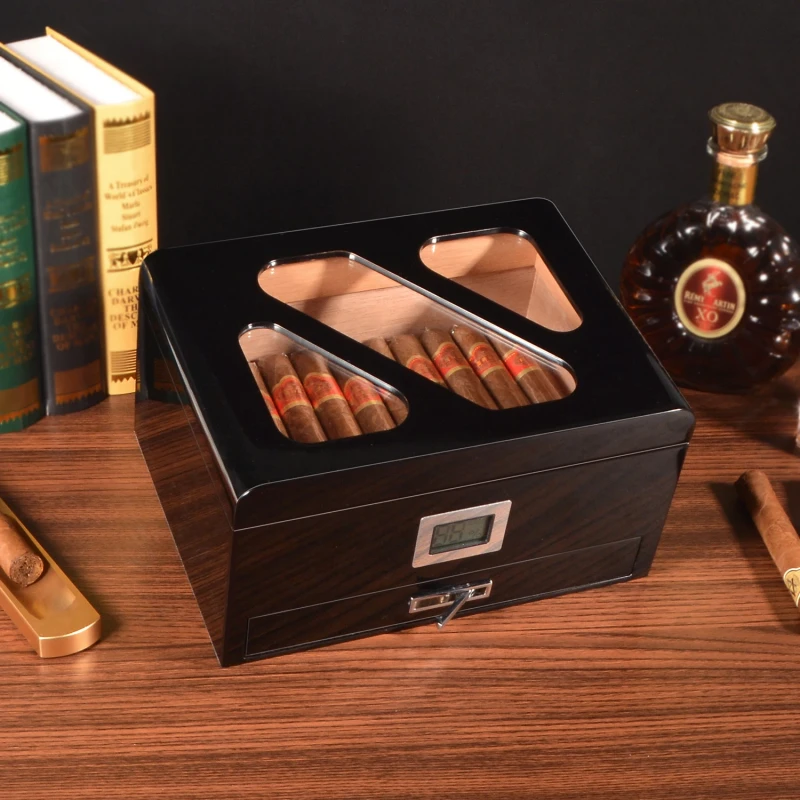
Moisture buildup in joints is one of the hidden risks in cigar box design. These small areas can easily trap humidity and lead to mold.
Yes, wooden joints can become moisture traps. Careful structural design, adhesive choice, and protective treatments help prevent mold growth.
I often inspect returned boxes where mold always starts in corners and seams. This shows how crucial joint design is for long-term cigar preservation.
Why do seams and joints in wooden boxes often collect moisture and become “dead corners”?

Wooden joints are small gaps where air circulation is weak. This makes them ideal spots for trapped moisture.
Seams collect humidity because airflow is limited. These “dead corners” keep moisture longer, creating perfect conditions for mold.
In my factory, I once opened a customer’s old sample. The cigars were fine, but the mold was sitting right inside the bottom joint. This taught me that hidden spaces are more dangerous than visible surfaces.
Why joints collect moisture
- Airflow block – Corners restrict ventilation.
- Capillary effect – Small gaps absorb and hold water.
- Temperature difference – Cooler corners condense humidity faster.
Common weak spots
- Bottom panel seams
- Divider slots
- Lid-to-body joints
- Fabric-covered corner folds
Moisture always looks for the weakest link. In wooden boxes, joints are the most vulnerable places.
How does the choice of joint structure (butt joint, dovetail, tongue-and-groove) affect moisture resistance?

Different joint styles have different effects on both strength and moisture behavior.
Tight-fitting joints like dovetail or tongue-and-groove resist moisture better than simple butt joints.
I once made sample boxes with butt joints for a client to save cost. After storage in humid weather, tiny gaps opened. By contrast, dovetail boxes stayed stable and showed no mold in the corners.
Joint comparison table
| Joint Type | Strength | Moisture Resistance | Mold Risk |
|---|---|---|---|
| Butt joint | Low | Weak | High |
| Tongue-and-groove | Medium | Good | Medium |
| Dovetail | High | Very Good | Low |
| Mitre joint | Medium | Moderate | Medium-High |
Key point
The tighter and more interlocked the joint, the less chance for moisture to settle. Decorative joints may look elegant, but functional joints protect better.
Can adhesives and sealants provide both strength and anti-mold protection at material seams?

Yes, adhesives and sealants not only bond materials but also block moisture entry.
Flexible and moisture-resistant adhesives like PU glue or epoxy provide strength and reduce mold risk.
I tested PVA glue for cigar boxes. It bonded well but absorbed humidity over time, creating soft seams. Switching to PU adhesive solved the issue, as it stayed elastic and blocked water.
Adhesive performance
| Adhesive Type | Strength | Moisture Resistance | Anti-mold Effect |
|---|---|---|---|
| PVA (white glue) | Medium | Low | Weak |
| Contact cement | Medium | Medium | Moderate |
| PU adhesive | High | High | Strong |
| Epoxy resin | Very High | Very High | Very Strong |
Sealants
In premium projects, we sometimes add a thin clear sealant inside seams. This invisible layer works like waterproofing and reduces hidden mold risk.
Adhesives do more than stick—they decide how long the joint stays healthy.
What role does interior lining (cedar, leather, fabric) play in covering or exposing joint areas?
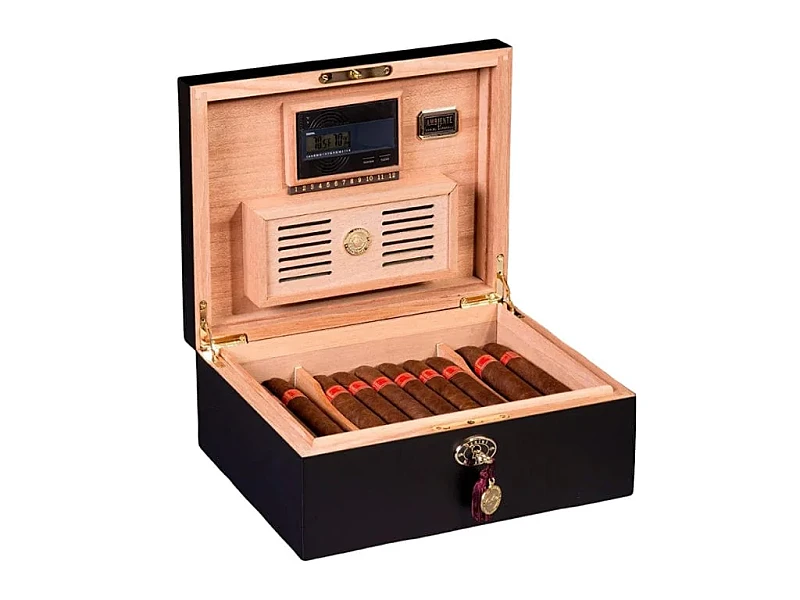
Interior lining hides joints, but it can either help or make problems worse.
Cedar absorbs and balances humidity, protecting joints. Leather and fabric may cover joints but also trap hidden moisture if not ventilated.
I once lined a box with velvet fabric. After a year, mold grew behind the fabric in the corner seams. We couldn’t see it until the client complained. Cedar-lined boxes, however, rarely had this issue.
Lining comparison
| Lining Material | Moisture Effect | Mold Risk at Joints |
|---|---|---|
| Cedar | Absorbs excess, balances | Low |
| Leather | Covers but traps | Medium |
| Fabric | Traps moisture, hard to dry | High |
| PU lining | Non-absorbent barrier | Medium-Low |
Choosing lining is not just about luxury feel—it directly affects how joints handle humidity.

Good airflow and humidity stability reduce mold everywhere, especially in seams.
Ventilation design and controlled humidity (65–70%) prevent moisture from staying long enough to cause mold.
One client in the USA asked why his cedar boxes rarely molded, but his leather-lined boxes did. The answer was airflow. Cedar boxes “breathed” naturally, while leather linings blocked ventilation.
Design methods
- Micro-gaps – Small air passages in trays improve circulation.
- Removable trays/dividers – Allow cleaning of hidden areas.
- Humidity packs – Keep stable levels and prevent condensation.
Example practices
- Store boxes in rooms with neutral airflow.
- Avoid placing near windows or kitchens.
- Use silica packs during shipping to absorb extra moisture.
Ventilation is invisible but critical. Without it, even the best materials fail.
What preventive treatments (anti-fungal coating, natural oils, surface finishes) are most effective for cigar box joints?
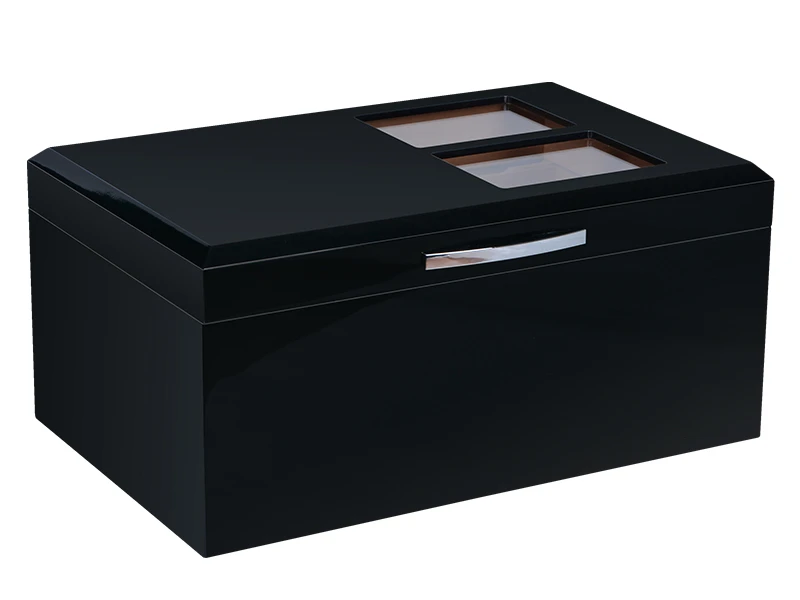
Pre-treatment of wood and seams provides long-term defense.
Anti-fungal coatings, natural cedar oils, and sealing finishes protect joints from mold without harming cigars.
In one premium project, we applied a thin food-safe anti-fungal spray inside the joints. It created an invisible barrier but did not change aroma. For cedar interiors, natural oils also worked as a natural anti-fungal.
Treatment comparison
| Treatment Type | Effectiveness | Impact on Aroma | Notes |
|---|---|---|---|
| Anti-fungal spray | Strong | Neutral | Best for hidden joints |
| Natural cedar oil | Medium-Strong | Positive | Enhances aroma |
| Lacquer finish | Strong | Minimal aroma | Good for external use |
| Wax coating | Medium | Neutral | Adds smooth texture |
These treatments add cost, but they make a big difference. Mold damage is far more expensive than preventive care.
Conclusion
Joints in cigar boxes are natural weak spots for moisture. Stronger joint designs, smart adhesives, and preventive treatments protect against mold.
Brand Name: WoodoBox
Slogan: Custom Wooden Boxes, Crafted to Perfection
Website: www.woodobox.com
WhatsApp: +86 18359265311


